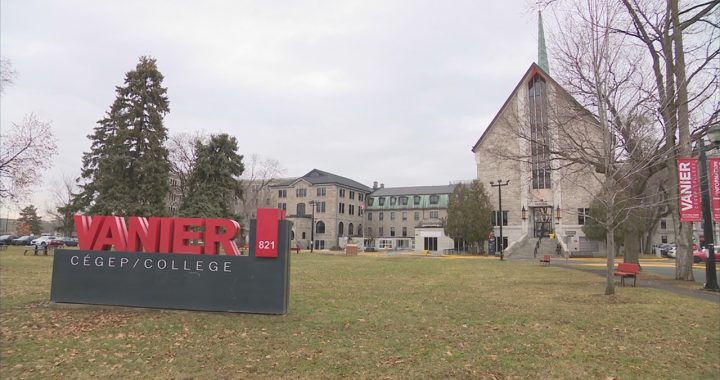With high-profile First Nations people like Carey Price seeking mental health support, there are more discussions happening about how to get services.
In the north shore region of Quebec, the Innu First Nation of Uashat Mak Mani-Utenam recently welcomed the province’s first Indigenous-run suicide prevention program.
The community, located 630 km east of Quebec City, has struggled with a mental health crisis in the past including a number of suicides.
Marie-Luce Jourdain lost her niece seven years ago.
“The 31st of October in 2015 – it was my niece Nadeige Guanish who died by suicide. She was 17, almost 18. I was very affected by that,” she says.
For Jourdain, 2015 marked a turning point for the community.
Five Innu from Uashat Mak Mani Utenam died by suicide in the span of a few months.
Two people took their lives on the same day.
In 2017, a coroner’s inquest issued several recommendations including a crisis centre.
The Tshimishtin Crisis House is where Jourdain now works.
“When you’re receiving mental health services, often you’re not ready to return home right away,” she says. “So instead, you’ll come here. You can come relax, regain some energy – because it’s a long road to come back to ‘real-life.’ It’s a long process. So we’ll accompany the individual in that process.”
Statistics Canada data indicates that suicide rates are highest amongst First Nations, Inuit and Métis Peoples across Canada.
But bridging systemic gaps and addressing specific problems identified in the coroner’s report is not a small undertaking.
“I read the [coroner’s] report, the one on the five suicides. I started to read one part. But I knew the person. I grew up with him. So it was really heavy,” says Deputy Chief Antoine Maniteu Gregoire. “I saw there was something missing – a missing link between the hospital and therapy.
“And that’s the crux of the crisis house – suicide prevention,” he told APTN News.
Maniteu-Gregoire says his community’s suicide prevention task force is also taking a different approach than the one recommended by the province – language. Allowing clients to express their feelings in Innu – not French.
“They’re our specific needs. Services need to work with our specific needs – and the health [network] is beginning to be more open to this,” he said.
The services at the crisis house are also available to members of neighbouring communities.
To reach Tshimishtin House call Tshimishtin House which is open to the public 24/7.
If you or someone you know is in crisis, the Hope for Wellness Help Line offers immediate help to all Indigenous peoples across Canada at 1-855-242-3310 or connect to the online chat at www.hopeforwellness.ca.










